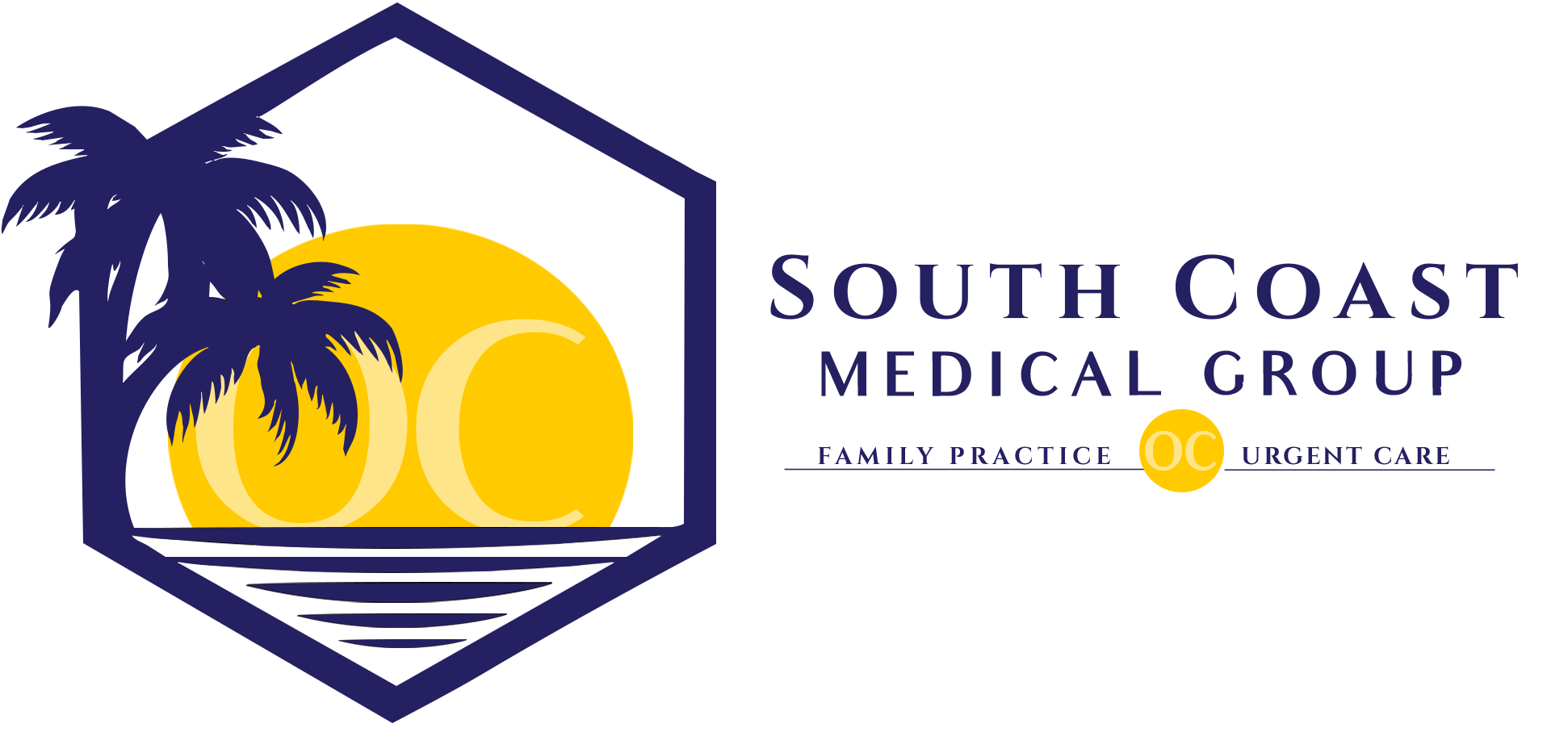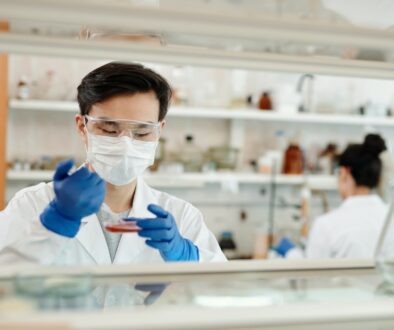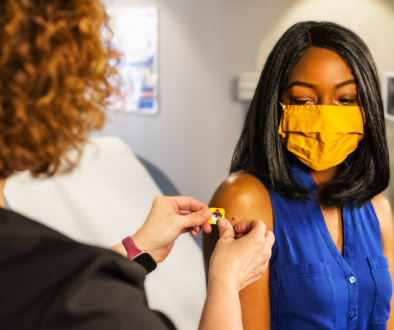Kidney Disease: What Signs to Look Out For

March is National Kidney Month, a time to raise awareness about kidney disease. Chronic kidney disease (CKD) is a serious condition affecting 37 million people and can put you at risk for serious health complications, including kidney failure. By making efforts towards a healthier lifestyle, it can help you manage and slow the progression of CKD. To help you determine if you or someone you know has kidney disease, we wanted to share some signs to look out for.
1. Less Energy or Trouble Concentrating
If your kidneys are not functioning properly (filtering waste out of your body), you may experience a buildup of toxins and impurities in the blood. This can cause you to feel tired, weak and can make it hard to concentrate. Another complication of kidney disease is anemia. Anemia also may block your brain from the oxygen it needs, which can cause weakness and fatigue. You may also feel dizzy and have trouble with concentration and memory.
2. Difficulty Sleeping
Studies show a possible link between sleep apnea and chronic kidney disease (CKD), which over time damages your organs and may lead to kidney failure. Sleep apnea may hurt your kidneys in part by preventing your body from getting enough oxygen.
3. Dry and Itchy skin
Dry and itchy skin can be a sign of the mineral and bone disease that often accompanies advanced kidney disease. Usually, when it comes to advanced kidney disease, it means that the kidneys are no longer able to keep the right balance of minerals and nutrients in your blood.
4. Foamy, Brown, or Bloody Urine
In addition to feeling the need to urinate more often due to the kidneys’ filters being damaged, you may also notice your urine is foamy, brown or bloody. If there are excessive bubbles or your urine is brownish or very pale, it means that there is too much (albumin) protein in your urine.
If you see blood in your urine, it could mean that the kidneys’ filters have been damaged and that blood cells are starting to “leak” out into the urine. In addition to signaling kidney disease, blood in the urine can also be one of the signs of tumors, kidney stones or an infection.
5. Consistent Puffiness Around Your Eyes
If you are noticing puffiness around your eyes, it may mean that your kidneys are leaking a large amount of protein in the urine rather than keeping it in the body.
6. Swollen Ankles and Feet
When your kidneys can’t get rid of sodium well, fluids may begin to build up in your body and cause your hands, feet, and ankles to swell.
7. Loss of Appetite
Kidney disease can cause nausea or vomiting and upset your stomach. As a result, loss of appetite is a normal response to kidney disease.
8. Cramping Muscles
Imbalance in the levels of sodium, calcium, potassium, or other electrolytes can make it challenging and confusing for your muscles and nerves. As a result, your muscles may begin to cramp as a reflex.
9. Breathlessness
When you have kidney disease, your organs are not able to make enough of a hormone called erythropoietin. The hormones signal your body to make red blood cells. Without it, you can get anemia and may experience shortness of breath. You may also experience breathlessness if there is fluid buildup.
10. Foul Breath
When your kidneys can’t filter out waste, it can cause a condition called uremia that can make your mouth smell. Also, when the toxins can’t be flushed out from your bloodstream, it can give food a metallic or odd taste.
COVID’s impact on Kidneys
One of the other factors that we have seen during the pandemic is the impact of COVID-19 on the kidneys. A recent study published by WebMD reported that a high number of people who suffered COVID-19 experienced acute kidney injury.
Even if you’re showing minor visible symptoms of COVID-19, there may be more serious effects internally, where you may not be able to detect. COVID-19 testing can help ensure your body is free of the virus.
Contact South Coast Medical Group OC if You’re Feeling Sick
We want to make sure your health is optimized at all times. We also want to be mindful that COVID-19 still has a presence here in Southern California.
If you are not feeling well and would like to get the Sofia 2 Rapid COVID-19 test, please call us at (949) 360-1069 to schedule an appointment.
If you would like to set up an in-person or telemedicine visit, our hours of operation are:
Monday-Friday: 8:00 a.m.- 7:00 p.m.
Saturday: 9:00 a.m.- 3:00 p.m.
Sunday: 10:00 a.m.- 3:00 p.m.
The safety of our patients and staff is our top priority. We are located in Aliso Viejo, California, and we offer a wide range of services such as urgent and primary care, sports medicine, and x-rays. If you need help with any of these services, please contact us at (949) 389- 8968. We appreciate the trust our patients have in us and look forward to being of service to you.



